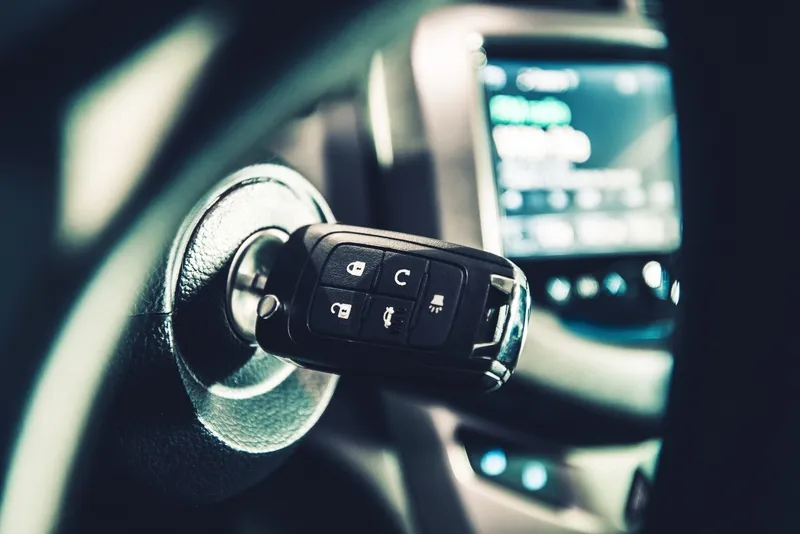Automotive safety systems specialist Autoliv has been selected as a partner to participate in the second phase of the Driver Alcohol Detection System for Safety (DADSS) research programme co-sponsored by the US National Highway Traffic Safety Administration (NHTSA) and Automotive Coalition for Traffic Safety (ACTS), representing many of the leading automakers.
March 23, 2012
Read time: 2 mins
Automotive safety systems specialist 4171 Autoliv has been selected as a partner to participate in the second phase of the Driver Alcohol Detection System for Safety (DADSS) research programme co-sponsored by the US 834 National Highway Traffic Safety Administration (NHTSA) and Automotive Coalition for Traffic Safety (ACTS), representing many of the leading automakers.
The Autoliv approach uses a non-obtrusive system to measure the alcohol content in the breath of the driver to estimate blood alcohol content (BAC). This is accomplished by applying infrared (IR) spectroscopy as the principle sensing technology, technology the company claims offers the potential for high sensitivity and system reliability at a reasonable cost with low on-going maintenance.
"We are excited to be selected by ACTS and NHTSA to apply our technology in demonstration vehicles for real-world testing," stated Hakan Pettersson, project manager for Autoliv. "We are not yet ready for prime-time, however we are confident that we will overcome the challenges with applying advanced technology in the automotive environment."
NHTSA estimates that one third of all traffic fatalities in the US involve alcohol-impaired drivers. "What these advanced alcohol-detection technologies will do is to prevent anyone from operating a motor vehicle if their BAC is at or above the US legal limit of 0.08 per cent," said Susan A. Ferguson, DADSS programme manager. "This technology has the potential to save an estimated 8,000 lives a year," adds Ferguson.
Research indicates that the public is ready for such a device; two-thirds of those surveyed considered the use of advanced technology to keep drunk drivers off the roads to be a 'good' or 'very good' idea.
The Autoliv approach uses a non-obtrusive system to measure the alcohol content in the breath of the driver to estimate blood alcohol content (BAC). This is accomplished by applying infrared (IR) spectroscopy as the principle sensing technology, technology the company claims offers the potential for high sensitivity and system reliability at a reasonable cost with low on-going maintenance.
"We are excited to be selected by ACTS and NHTSA to apply our technology in demonstration vehicles for real-world testing," stated Hakan Pettersson, project manager for Autoliv. "We are not yet ready for prime-time, however we are confident that we will overcome the challenges with applying advanced technology in the automotive environment."
NHTSA estimates that one third of all traffic fatalities in the US involve alcohol-impaired drivers. "What these advanced alcohol-detection technologies will do is to prevent anyone from operating a motor vehicle if their BAC is at or above the US legal limit of 0.08 per cent," said Susan A. Ferguson, DADSS programme manager. "This technology has the potential to save an estimated 8,000 lives a year," adds Ferguson.
Research indicates that the public is ready for such a device; two-thirds of those surveyed considered the use of advanced technology to keep drunk drivers off the roads to be a 'good' or 'very good' idea.








